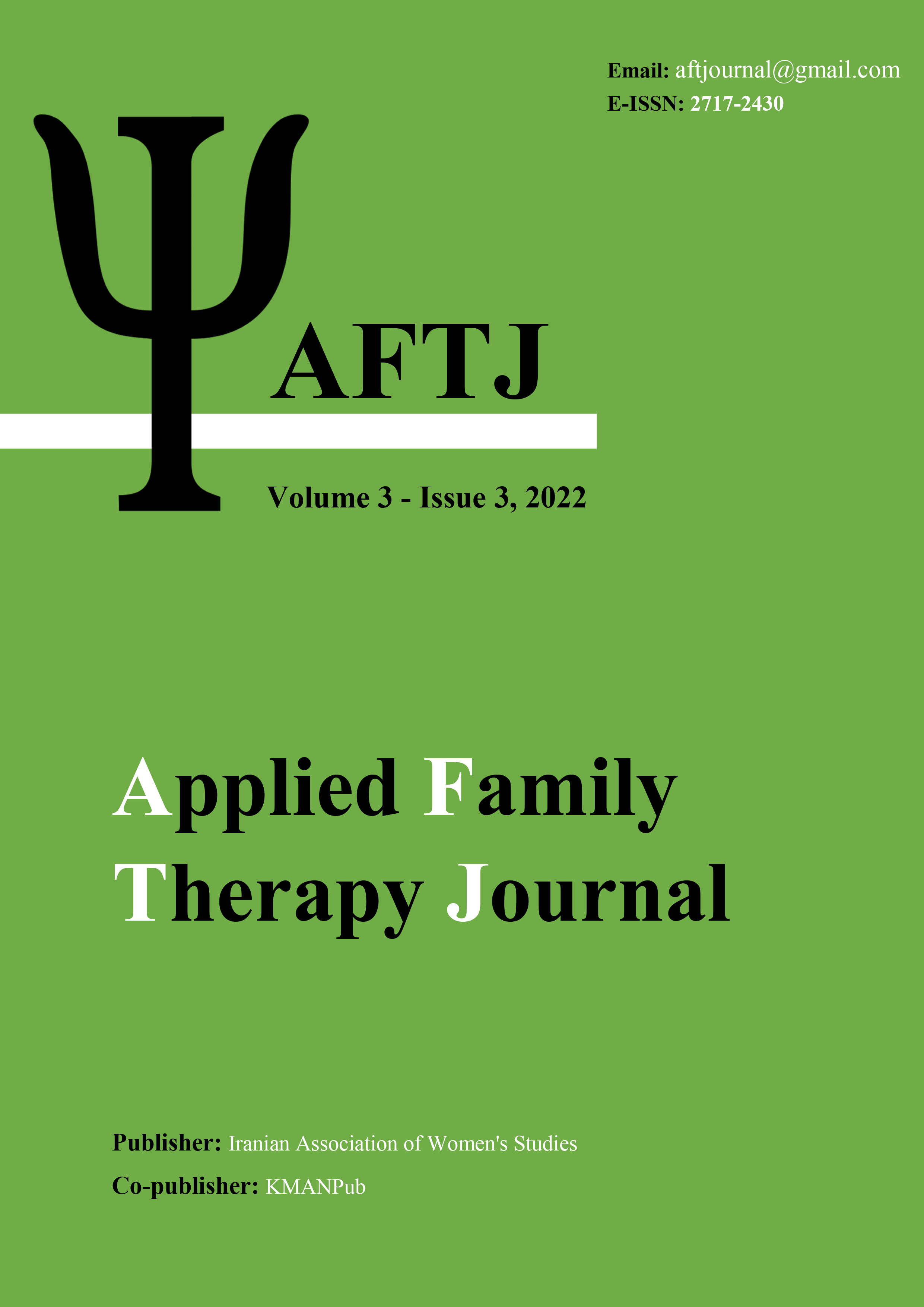Comparing the effectiveness of schema therapy and therapy based on acceptance and commitment on women's sexual schema after breast cancer surgery
Keywords:
schema therapy, acceptance and commitment therapy, sexual schema.Abstract
Aim: The present study was conducted with the purpose of comparing the effectiveness of schema therapy and acceptance and commitment based therapy on the sexual schema of women after breast cancer surgery. Method: The research method was quasi-experimental with a pre-test-post-test design and a control group with a follow-up period. The statistical population of the present study included all breast cancer patients referred to Tajrish Martyrs Hospital clinic in 2019. 120 people were selected as a statistical sample with the available sampling method (voluntarily) and were replaced in three groups of 40 people, and in two groups, experimental group 1 (schema therapy), experimental group 2 (therapy based on acceptance and commitment) and a control group randomly replaced. First, all three groups were measured with Rogers' self-concept questionnaires (1957), Siranoski and Andersen's sexual schemas (1994) and Pittsburgh sleep quality, then experimental group 1, 9 sessions of 90-minute schema therapy by Young et al. (2003) and the group Experiment 2 received eight 90-minute sessions of ACT based on the theory of Hayes et al. (1999) and the control group did not receive any training. They were repeatedly tested. Results: The results of repeated measurement variance analysis showed that there was a significant difference between the experimental schema therapy groups and the ACT group with the control group (f=32.070 and p<0.001), but there is no significant difference between the sexual schema between schema therapy group and ACT group; both treatments were effective in improving sexually maladaptive schemas, and the effect of both was stable over time. Conclusion: According to the results, it can be concluded that schema therapy and ACT significantly affect women’s sexual schema after breast cancer surgery, and there is no significant difference between their effectiveness. Therefore, it can be suggested that psychotherapists apply both treatments to deal with women’s sexual schemas.
Downloads
Downloads
Published
Issue
Section
License

This work is licensed under a Creative Commons Attribution-NonCommercial 4.0 International License.





















